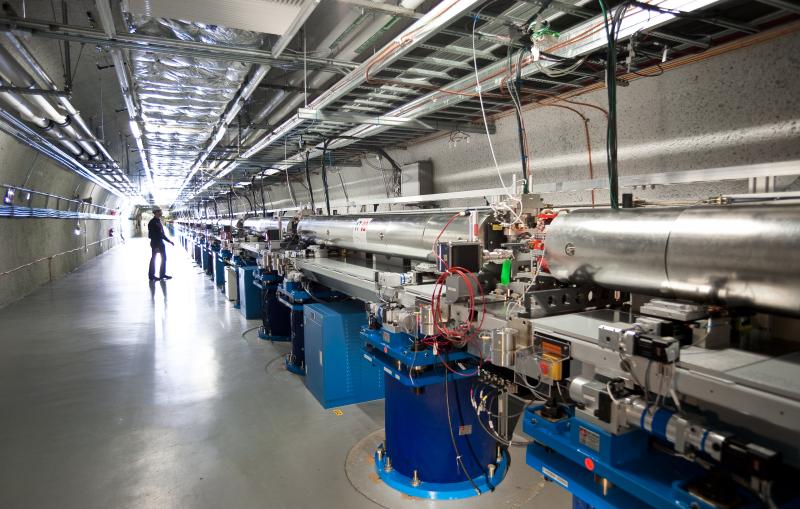



Accelerators form the backbone of SLAC's national user facilities. Research at SLAC is continually improving accelerators, both at SLAC and at other laboratories, and is also paving the way to a new generation of particle acceleration technology.
Related link:
Advanced accelerators



